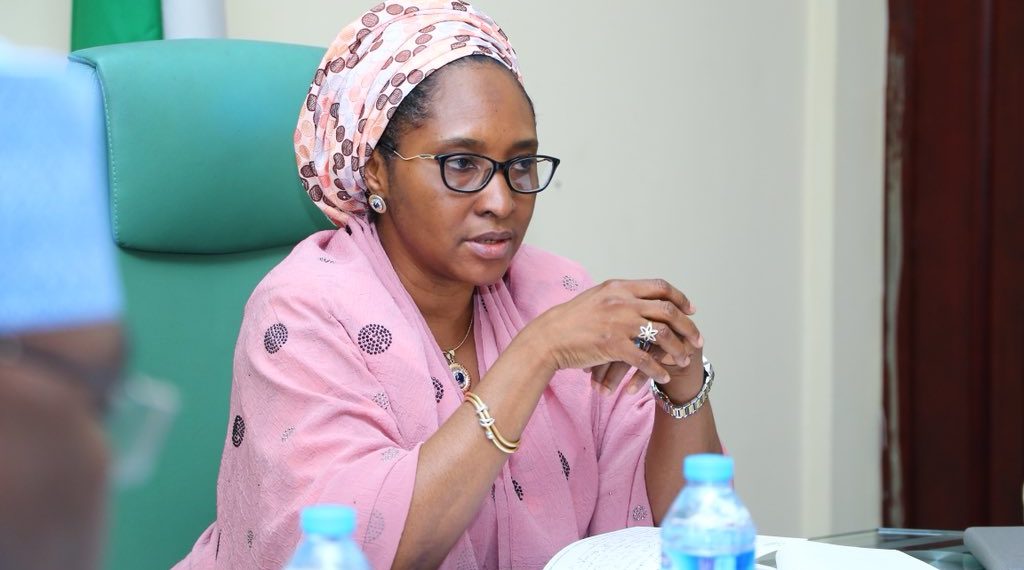The Minister of Finance, Zainab Ahmed, has confirmed that the Federal Government will begin the implementation of the 7.5% VAT increase on the 1st of February 2020.
Ahmed disclosed this during the inauguration of the board of the Federal Inland Revenue Service in Abuja, in which she said that the increase will begin implementation as soon as all necessary administrative procedures are completed.
She said,
“The implementation of Value Added Tax is to take effect from February 1, 2020, after all the necessary administrative procedures have been completed, especially the gazette of the Act by the Federal Ministry of Justice.”
Meanwhile, sequel to the Finance Law recently signed into law by President Muhammadu Buhari, the presidency have said that about 20 basic food items, locally manufactured sanitary towels, pads and nursery, primary, secondary school tuition fees have all been added to the list of goods and services exempted from the 7.5 percent increased VAT.
This was disclosed in a statement released by Laolu Akande, the Senior Special Assistant to the President on Media & Publicity, Office of the Vice President.
According to him, the exemption was made in efforts towards ensuring that the cost of living did not rise for Nigerians because of the changes in the Value-Added Tax.
Akande said;
“To allay fears that low-income persons and companies would be marginalised by the new law, reduce the burden of taxation on vulnerable segments, and promote equitable taxation, the Finance Act 2019 had extended the list of goods and services exempted from VAT, it stated.
READ ALSO: UPDATE: Kobe Bryant’s 13-Year-Old Daughter, Gianna Was Also Killed In Crash
“Basic food items –additives (honey), bread, cereals, cooking oils, culinary herbs, fish, flour and starch, fruits (fresh or dried), live or raw meat and poultry, milk, nuts, pulses, roots, salt, vegetables, water (natural water and table water).
“Locally manufactured sanitary towels, pads or tampons.”
“services rendered by microfinance banks, tuition fees relating to nursery, primary, secondary and tertiary education.”

